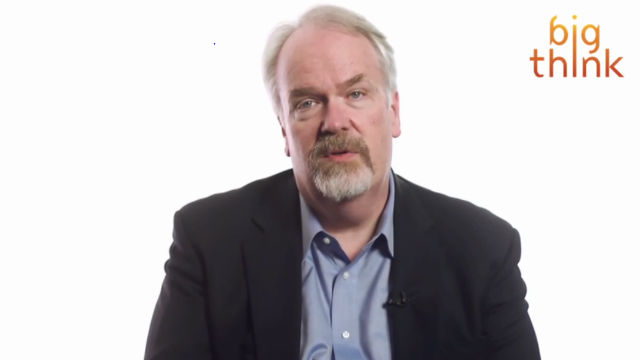Ramadan and the World Cup: How Muslim Athletes Balance Religion and Sports

What’s the Latest?
Ramadan, the Islamic calendar’s month of fasting, begins Saturday evening. Fasting during Ramadan is considered one of the Five Pillars of Islam, meaning most practicing Muslims are expected to observe it. This presents a challenge for the many Muslim athletes competing in this year’s World Cup. Throughout Ramadan, Muslims are expected to refrain from eating and drinking (among other activities) during daylight hours.
The Islamic calendar is a lunar calendar, which means that Ramadan pops up at different times each year on the more familiar Gregorian Calendar. The last time the World Cup and Ramadan overlapped was in 1986.
What’s the Big Idea?
As the Pew Research Center notes, many of the tournament’s remaining players are practicing Muslims. These include Germany’s Mesut Özil (pictured above), France’s Karim Benzema and Switzerland’s Xherdan Shaqiri, as well as most of the Algerian squad and quite a few members of the Nigerian team.
Deadspin’s Samer Kalaf offers a personal take on competing while fasting:
The first week (or so) is tough. The abrupt halt definitely affects your body, and you’re a little weaker throughout the day. After that first week, though, it gets… easier? Your body gradually accepts the routine, and while you’ll still be a little slower during daylight, fasting becomes less of a struggle.
Kalaf makes mention of several Muslim athletes who fasted during competition. Hakeem Olajuwon famously claimed that fasting during the NBA Finals made him better.
Both Pew and Kalaf mention that whether athletes observe the fasts depends on the level of their piety and what interpretations they have of the Quran. Some imams state that an exception can be made for once-in-a-lifetime events such as the World Cup, as long as athletes then fasted afterward. There is precedent for deferring one’s due diligence; Ramadan also overlapped with the 2012 London Olympics:
“I could not fast. I need all that stuff, like protein, carbs and minerals,” Egyptian kayaker Mustafa Saied told The Associated Press. “I can do it after Ramadan and Allah will accept it because there was an important reason.”
Kalaf finishes his piece by explaining that each World Cup squad’s medical staff is no doubt prepared to assist Ramadan-observing players competing in the sweltering Brazilian heat.
Keep reading at Deadspin and Pew Research
Photo credit: AGIF / Shutterstock.com





